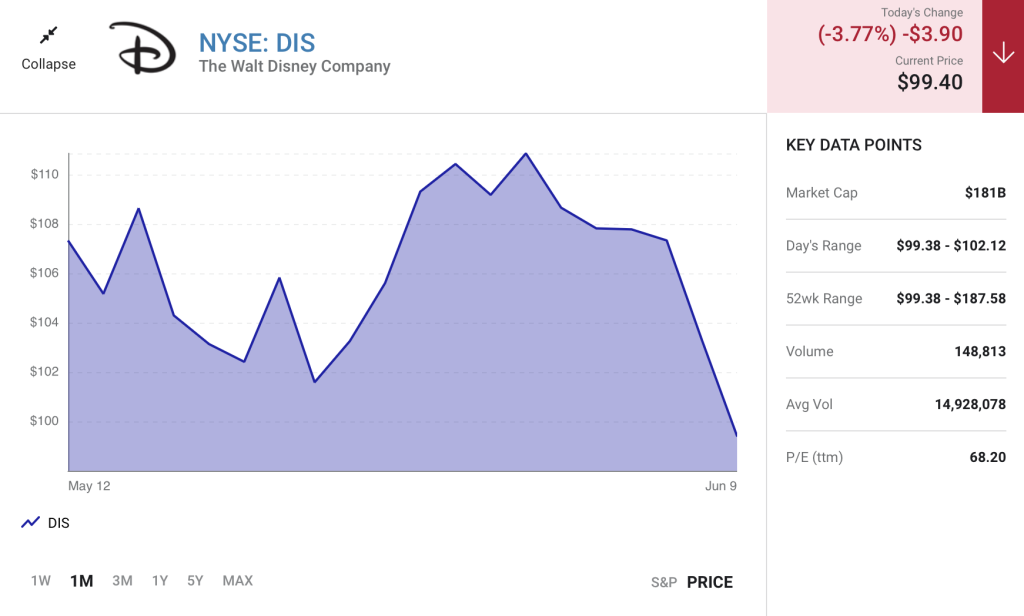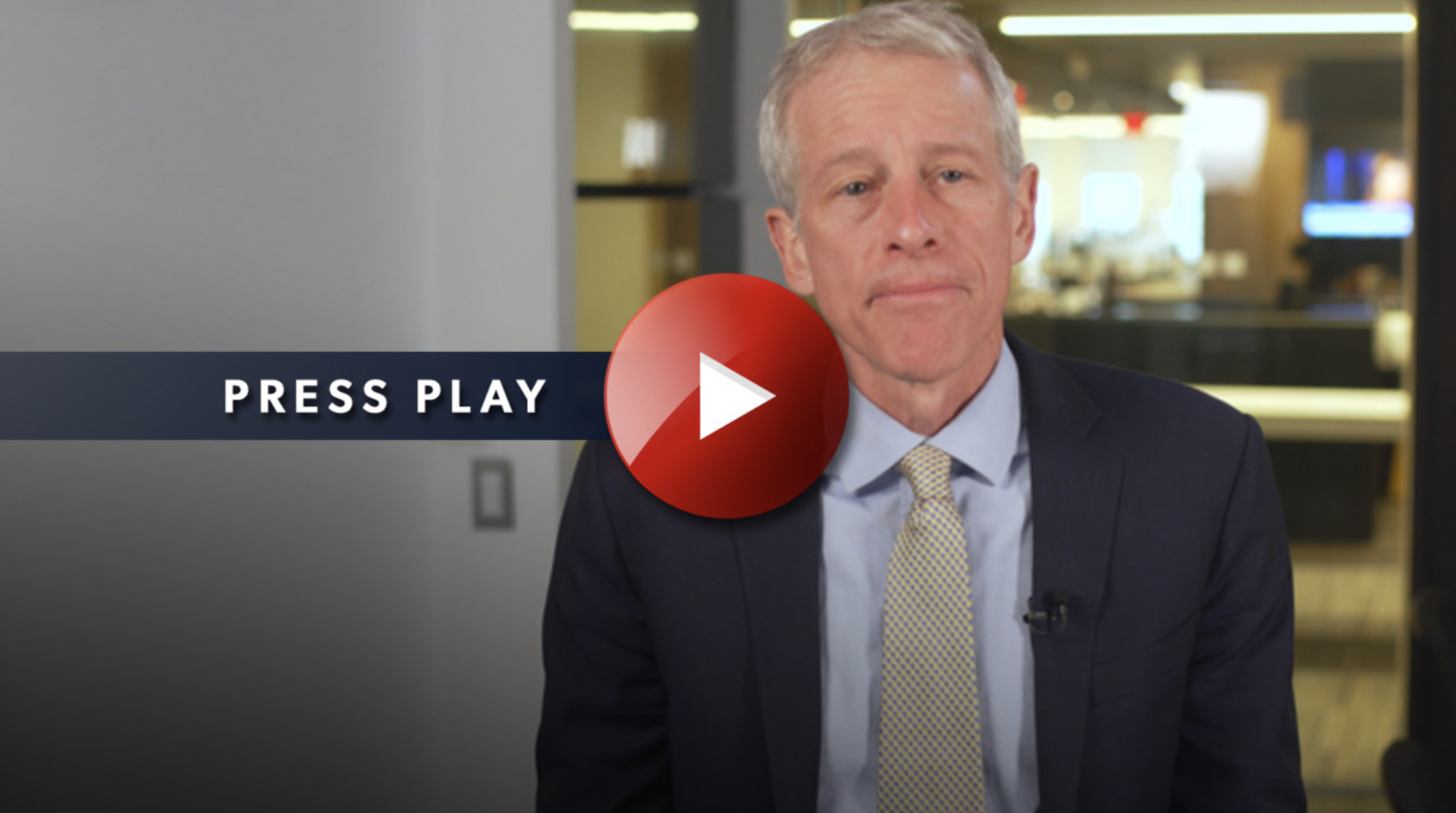The broader stock market has had a rough six months, with the Nasdaq Composite down around 22%, the S&P 500 down 11%, and the Dow Jones Industrial Average down 7%. But those drawdowns are nothing close to what many individual stocks have endured. In six months, Walt Disney (DIS -3.77%) stock has lost over 28% of its value and is down around 47% from its all-time high set in March 2021.
Investors were able to count on Disney’s dividends during past downturns. But the company has shown no intention to reinstate its semi-annual payout since cutting it in 2020. That makes Disney one of just three Dow stocks — along with Boeing and Salesforce — that doesn’t pay dividends.
Despite Disney stock’s slide and lack of a dividend, there’s reason to believe there has never been a better time to buy. Here’s why.
Switching perspectives
The stock market can do crazy things in the short term. But generally, there are valid reasons why stocks go up or down. To understand why Disney stock can fall so far despite its business being in better shape now than it was a year or two ago, it’s best to put yourself in the shoes of a short-term trader. Or, as Charlie Munger says, “invert, always invert.”
In his book The Psychology of Money, Morgan Housel has an excellent lesson about the importance of knowing what game you are playing. The stock market is one playing field on which several different games are being played simultaneously. There are long-term retail investors, short-term traders, investment banks, hedge funds, exchange-traded funds, mutual funds, family offices, and more. The point is that the stock market can be tugged in different directions by players that have different objectives than you. And that’s one reason why we have stock market volatility.

Short-term headwinds galore
Disney’s short-term outlook is terrible. And there’s no sugarcoating that.
Disney is dealing with political tensions in Florida.
Netflix (NFLX -5.10%) reported subscriber losses in its most recent quarter, which begs the question if the industry is worth investing in as competition heats up. The long-term viability of Disney+ is uncertain even though it is expected to reach profitability by fiscal 2024.
Disney is spending $32 billion on content in fiscal 2022, which could backfire if there’s an economic downturn or a recession.
Disney has spent a lot of money in the hopes of landing several blockbuster hits. But lockdowns in China have already taken away some of that streaming revenue. And numbers could come in lower than expected if the broader economic situation worsens.
Disney’s parks business relies on discretionary spending and the health of the consumer. It is historically vulnerable to a recession.
Add it all up, and it’s easy to see why short-term traders would be steering clear of/betting against Disney stock.
Maintaining a long-term mindset
As bad as the short-term outlook is, long-term investors are in the catbird seat as they get the opportunity to scoop up shares of Disney stock for roughly the same price as it was five years ago. As a stock, Disney may look less attractive because of its high spending and lack of a dividend. But as a company, not paying a dividend saves Disney nearly $3 billion a year.
Disney posted a $1.48 billion operating loss from its direct-to-consumer (DTC) segment in the first half of fiscal 2022, which is coincidentally about what it would have spent on its dividend. So, by not paying a dividend, Disney can “afford” its DTC losses.
Over the long term, Disney plans to make its DTC segment profitable. The idea is that over time, Disney+, ESPN+, and Hulu subscribers will expand Disney’s global reach and increase its touch points with consumers, leading to higher interaction. Its streaming services could contribute to increased movie attendance, park visits, cruise trips, etc.
Judging the performance of any single business unit on its own misses the bigger picture of what makes Disney such a phenomenal company. Unlike Netflix, which produces and licenses content hoping that subscription revenue exceeds its costs, Disney engages in multi-generational storytelling by interacting with fans onscreen and through in-person experiences. This gives Disney’s franchises a far longer shelf life and various mediums to entertain its fans. Therefore, the objective of Disney+ isn’t solely to turn a profit. It’s to enhance Disney’s brand and convince fans to take their experience to the next level by going to the movies or a Disney resort.
From trash to treasure
From the lens of a short-term trader, Disney stock doesn’t look that great. But from the perspective of an investor who cares more about the next decade than the next quarter, the media company is well positioned to unlock a new revenue stream and smash its box office and park attendance records with time. With the stock down big and out of favor, now is an excellent time to scoop up shares of Disney stock.






